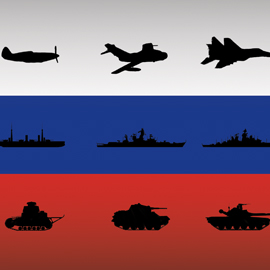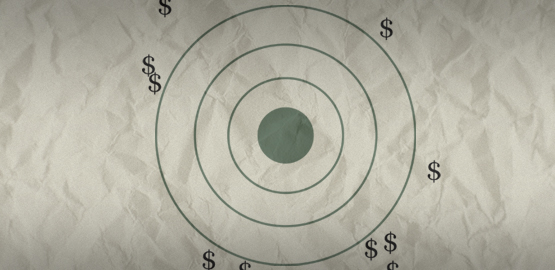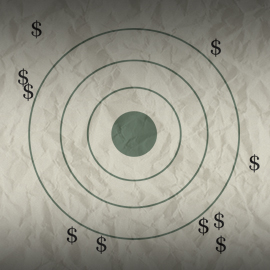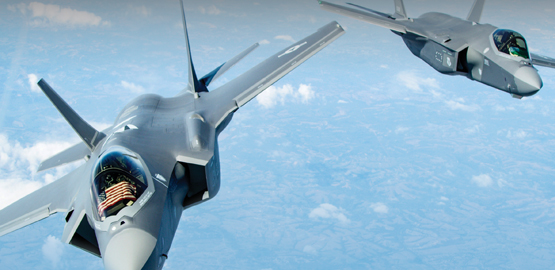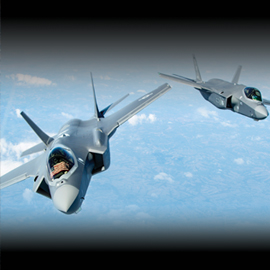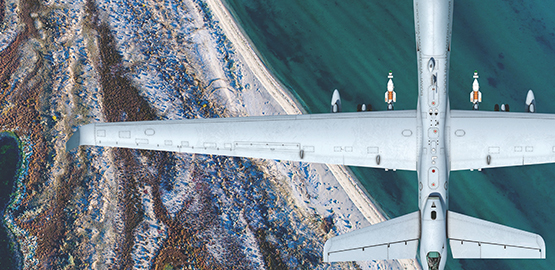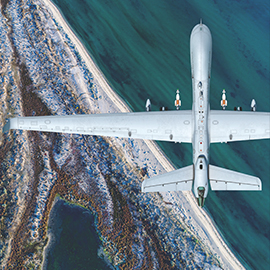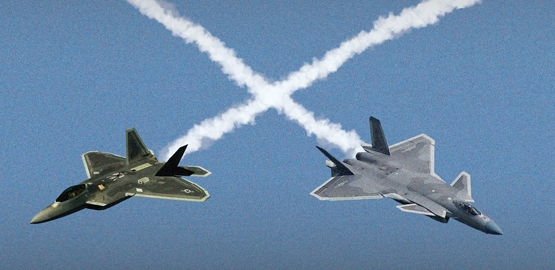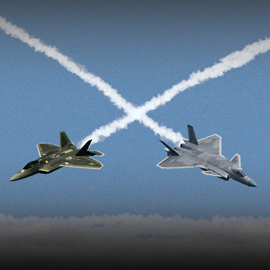After more than a decade of steady increases, the Pentagon has been directed to reduce its projected funding by nearly $500 billion over the next decade as part of a larger effort to restore the country's economic foundation. Additional cuts -- in the hundreds of billions of dollars -- may be imposed pending the recommendations of the congressional "super committee" tasked with identifying more than $1 trillion in federal spending cuts.
As Lord Rutherford famously observed when his laboratory faced bankruptcy: "Gentlemen, we are out of money. We'll have to think." So too the Pentagon. The Obama administration has declared that allocating cuts of this magnitude must be informed by thinking -- that is, they must be "strategy driven," to ensure that resources are allocated efficiently and effectively. Toward this end the Pentagon has established a group to identify the major strategic choices confronting the United States over the next decade.
Arguably the greatest strategic choice concerns how best to respond to China's rapid rise as a major power. Boasting the world's second-largest economy, Beijing has undertaken a decade-long military buildup of its People's Liberation Army, or PLA. Its focus is on the Western Pacific, declared a vital interest by every U.S. administration for more than 60 years, with security commitments to such allies as Australia, Japan and South Korea, and states like Taiwan. As former Defense Secretary Robert Gates observed, China's "investments in cyber and anti-satellite warfare, anti-air and anti-ship weaponry, and ballistic missiles could threaten America's primary way to project power and help allies in the Pacific -- in particular our forward air bases and carrier strike groups."
The rise of China has triggered a debate among policy experts. On one side sits those who advocate greater engagement. They focus on improving our economic and political relations as the path most likely to maintain stability and peace.
They are challenged by those who believe the U.S. and its allies should take steps to offset China's growing military power with the goal of retaining the stable military balance that has benefited all in the region, none more so than China.











